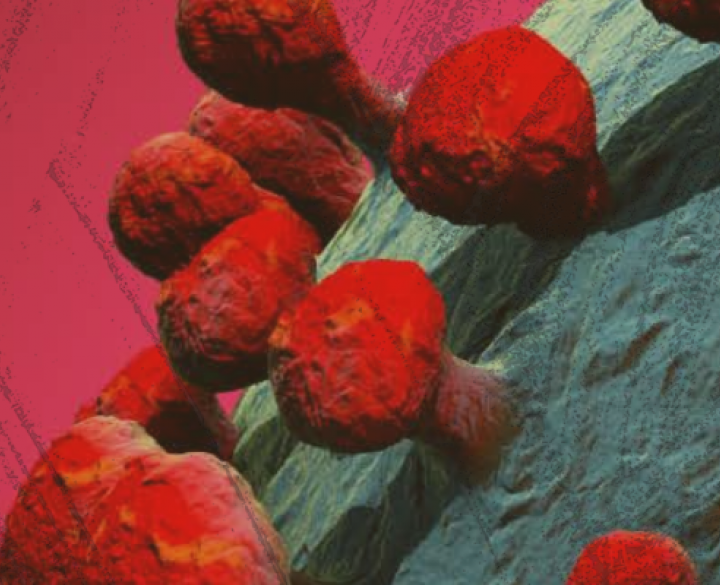Researchers from the WHO, CDC, and Universities Around the World Release Study:
New SARS-CoV-2 Decontamination Methods Reported
Methylene blue with light activation shown to decontaminate N95 respirators and medical masks without affecting the performance.
The COVID-19 pandemic causes global personal protective equipment (PPE) shortages, resulting in limited emergency reuse of N95 filtering facepiece respirators and medical masks. Researchers found that methylene blue combined with light can be used to decontaminate N95 respirators and medical masks without compromising integrity. In this study, methylene blue inactivated three coronaviruses, including SARS-CoV-2, on respirator/mask material. This method is effective, low-cost, and does not require specialized equipment, making it applicable in any setting.
The ‘Development of Methods for Mask and N95 Decontamination’ (DeMaND) Study investigated decontamination methods allowing PPE reuse. It was previously demonstrated that methylene blue combined with light generates singlet oxygen which damages viral membranes and viral nucleic acids resulting in virus inactivation. The methylene blue plus light method showed promise for continual inactivation of viral particles on respirator and mask surfaces after the decontamination process and during wear.
In addition to the methylene blue decontamination method, a method using dry heat (75⁰C for one hour) was tested, which also showed successful virus inactivation without affecting the mask integrity.
Both methylene blue and dry heat decontamination methods were tested for viricidal effectiveness against SARS-CoV-2 and two other coronaviruses. In parallel its impact on N95 respirator and medical mask integrity was assessed, and all tested masks/respirators maintained their integrity (including fit) after five cycles of decontamination.
This groundbreaking study provides potential new tools for healthcare workers who may need to reuse N95 respirators and medical masks and who do not have access to higher cost decontamination methods that require specialized equipment. In addition, the DeMaND team will further evaluate light-activated methylene blue for ongoing inactivation of SARS-CoV-2 and other viruses during mask usage. Studies are underway to expand the use of methylene blue and light to decontaminate other PPE articles such as gloves, gowns, eye protection, and for potential environmental applications.
Decontaminating filtering facepiece respirators is a Crisis Capacity Strategy to be used when supply shortages exist. The utility of this method is most applicable where supplies are not adequate to meet demand. Respirator decontamination methods are used only as a last resort in the event of supply chain failures. Methylene blue and light applications may provide broad utility for virus inactivation and bacteria decontamination to protect our health care workers when other protective equipment supplies fail due to supply chain shortages.
This novel research was conducted by a consortium of 52 researchers and scientists from around the world, in partnership with 13 organizations, universities, and laboratories, including the WHO and CDC.
Jan Laperre and Olivier Jolois of Centexbel were key contributors to this research. Jan Laperre, General Manager of Centexbel, says:
For many years, Centexbel has carried out analyses for the World Health Organization (WHO), to which we also provide advice. When the WHO asked us to participate in the study on the decontamination of face masks, we immediately asked ULiège to participate because of our joint studies on the decontamination of medical masks. The project in collaboration with the WHO is an excellent opportunity to put the expertise of Centexbel and ULiège at the disposal of the international community during this global health crisis.
For Full Study, Visit: https://www.medrxiv.org/content/10.1101/2020.12.11.20236919v2
Press Contact: Eline Robin | er@centexbel.be
More info on mask decontamination: Olivier Jolois | oj@centexbel.be




